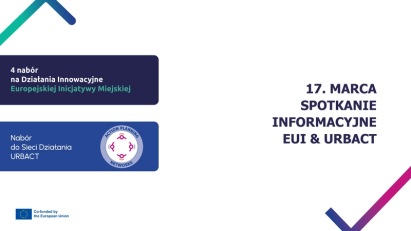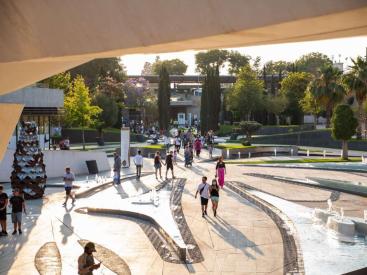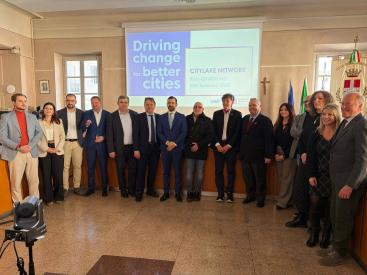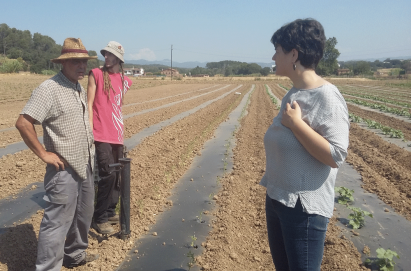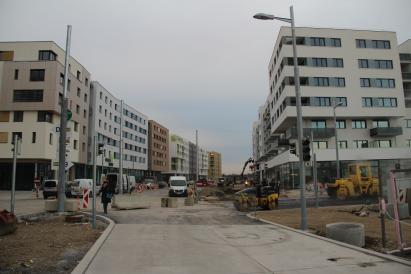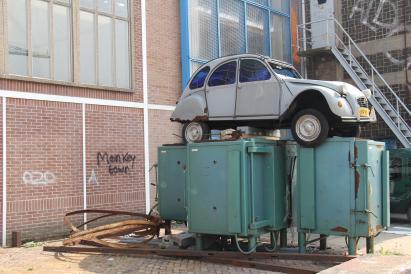15/09/2015 03/05/2018
Closed
In times when personal sacrifices are much needed to tackle burning societal issues, fostering and enabling collaboration at local level of public administration is of the utmost importance. The partners of this Action Planning network had the opportunity to reflect upon social design, a process to think over alongside local stakeholders how to co-design their social public services towards a more collaborative service. This means to create an urban strategy that somehow engages volunteers to improve communities and public services, reducing costs at the same time.

Summary
Partners
LEAD PARTNER : Eindhoven - Netherlands- Dún Laoghaire Rathdown - Ireland
- Amarante - Portugal
- Forli - Italy
- Nagykanizsa - Hungary
- Riga - Latvia
- Gdańsk - Poland
- Aarhus - Denmark
- Länsstyrelsen Skane - Sweden
Timeline
Kick-off meeting in September (London). Transnational meeting in November (Amarante).
Transnational meetings in April (Gdansk), September (Aarhus) and November (Dun Laoghaire).
Final event in March (Eindhoven).

Network Outputs
-
factsheet_case_studies_uk.pdf(PDF, 153Ko)
-
change_final_study_final.pdf(PDF, 6Mo)
-
change_case_study_uk.pdf(PDF, 5Mo)
Integrated Action Plans
-
english_summary_iap_gdansk_.pdf(PDF, 375Ko)
-
riga_draft_english_summary_iap.pdf(PDF, 100Ko)
-
english_summary_iap_nagikanyzsa.pdf(PDF, 442Ko)
-
english_summary_iap_forli.pdf(PDF, 3Mo)
-
english_summary_iap_amarante.pdf(PDF, 7Mo)
-
english_summary_iap_dun_loaghaire.pdf(PDF, 3Mo)
-
english_summary_iap_eindhoven.pdf(PDF, 478Ko)
-
english_summary_iap_skane.pdf(PDF, 329Ko)
-
english_summary_iap_aarhus.pdf(PDF, 2Mo)

